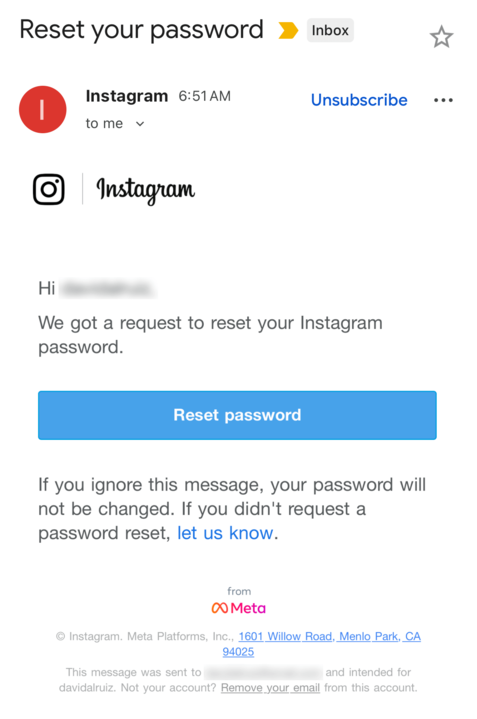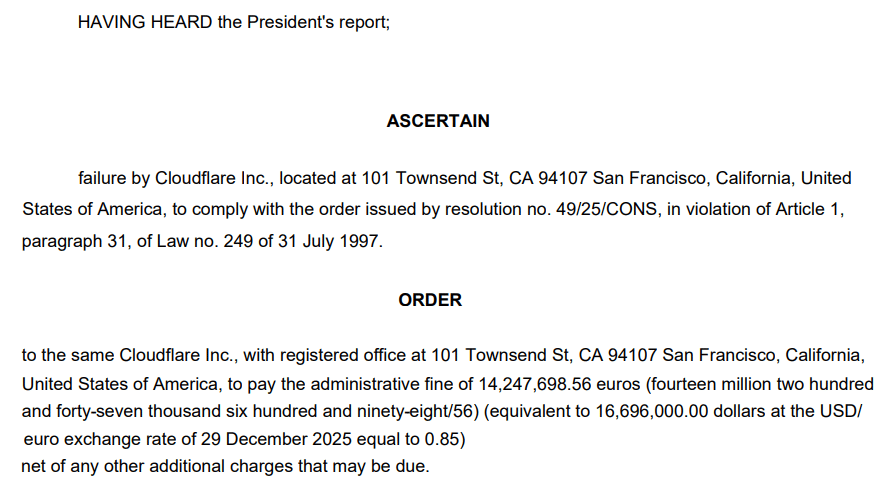The Paris Judicial Court has ordered Google to block nineteen additional pirate site domains through its public DNS resolver. The blockade was requested by Canal+ and aims to stop pirate streams of Champions League games. In its defense, Google argued that rightsholders should target intermediaries higher up the chain first, such as Cloudflare’s CDN, but the court rejected that.
 The frontline of online piracy liability keeps moving, and core internet infrastructure providers are increasingly finding themselves in the crosshairs.
The frontline of online piracy liability keeps moving, and core internet infrastructure providers are increasingly finding themselves in the crosshairs.
Since 2024, the Paris Judicial Court has ordered Cloudflare, Google and other intermediaries to actively block access to pirate sites through their DNS resolvers, confirming that third-party intermediaries can be required to take responsibility.
These blockades are requested by sports rights holders, covering Formula 1, football, and MotoGP, among others. They argue that public DNS resolvers help users to bypass existing ISP blockades, so these intermediaries should be ordered to block domains too.
Google DNS Blocks Expand
These blocking efforts didn’t stop. After the first blocking requests were granted, the Paris Court issued various additional blocking orders. Most recently, Google was compelled to take action following a complaint from French broadcaster Canal+ and its subsidiaries regarding Champions League piracy..
Like previous blocking cases, the request is grounded in Article L. 333-10 of the French Sports Code, which enables rightsholders to seek court orders against any entity that can help to stop ‘serious and repeated’ sports piracy.
After reviewing the evidence and hearing arguments from both sides, the Paris Court granted the blocking request, ordering Google to block nineteen domain names, including antenashop.site, daddylive3.com, livetv860.me, streamysport.org and vavoo.to.
The latest blocking order covers the entire 2025/2026 Champions League series, which ends on May 30, 2026. It’s a dynamic order too, which means that if these sites switch to new domains, as verified by ARCOM, these have to be blocked as well.
Cloudflare-First Defense Fails
Google objected to the blocking request. Among other things, it argued that several domains were linked to Cloudflare’s CDN. Therefore, suspending the sites on the CDN level would be more effective, as that would render them inaccessible.
Based on the subsidiarity principle, Google argued that blocking measures should only be ordered if attempts to block the pirate sites through more direct means have failed.
The court dismissed these arguments, noting that intermediaries cannot dictate the enforcement strategy or blocking order. Intermediaries cannot require “prior steps” against other technical intermediaries, especially given the “irremediable” character of live sports piracy.
The judge found the block proportional because Google remains free to choose the technical method, even if the result is mandated. Internet providers, search engines, CDNs, and DNS resolvers can all be required to block, irrespective of what other measures were taken previously.
Proportional
Google further argued that the blocking measures were disproportionate because they were complex, costly, easily bypassed, and had effects beyond the borders of France.
The Paris court rejected these claims. It argued that Google failed to demonstrate that implementing these blocking measures would result in “important costs” or technical impossibilities.
[…]
A copy of the order issued by the Tribunal Judiciaire de Paris (RG nº 25/11816) is available here (pdf). The order specifically excludes New Caledonia, Wallis and Futuna, and French Polynesia due to specific local legal frameworks.
1. antenashop.site
2. antenawest.store
3. daddylive3.com
4. hesgoal-tv.me
5. livetv860.me
6. streamysport.org
7. vavoo.to
8. witv.soccer
9. veplay.top
10. jxoxkplay.xyz
11. andrenalynrushplay.cfd
12. marbleagree.net
13. emb.apl375.me
14. hornpot.net
15. td3wb1bchdvsahp.ngolpdkyoctjcddxshli469r.org
16. ott-premium.com
17. rex43.premium-ott.xyz
18. smartersiptvpro.fr
19. eta.play-cdn.vip:80


 Launched in 2024, Italy’s elaborate ‘
Launched in 2024, Italy’s elaborate ‘

 The frontline of online piracy liability keeps moving, and core internet infrastructure providers are increasingly finding themselves in the crosshairs.
The frontline of online piracy liability keeps moving, and core internet infrastructure providers are increasingly finding themselves in the crosshairs.











